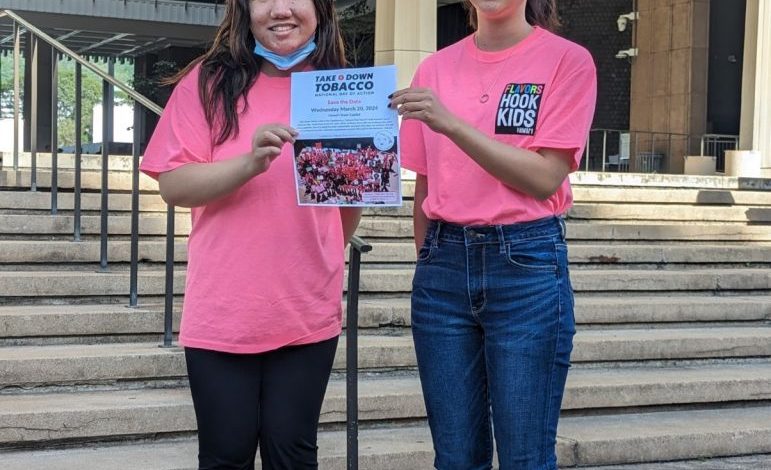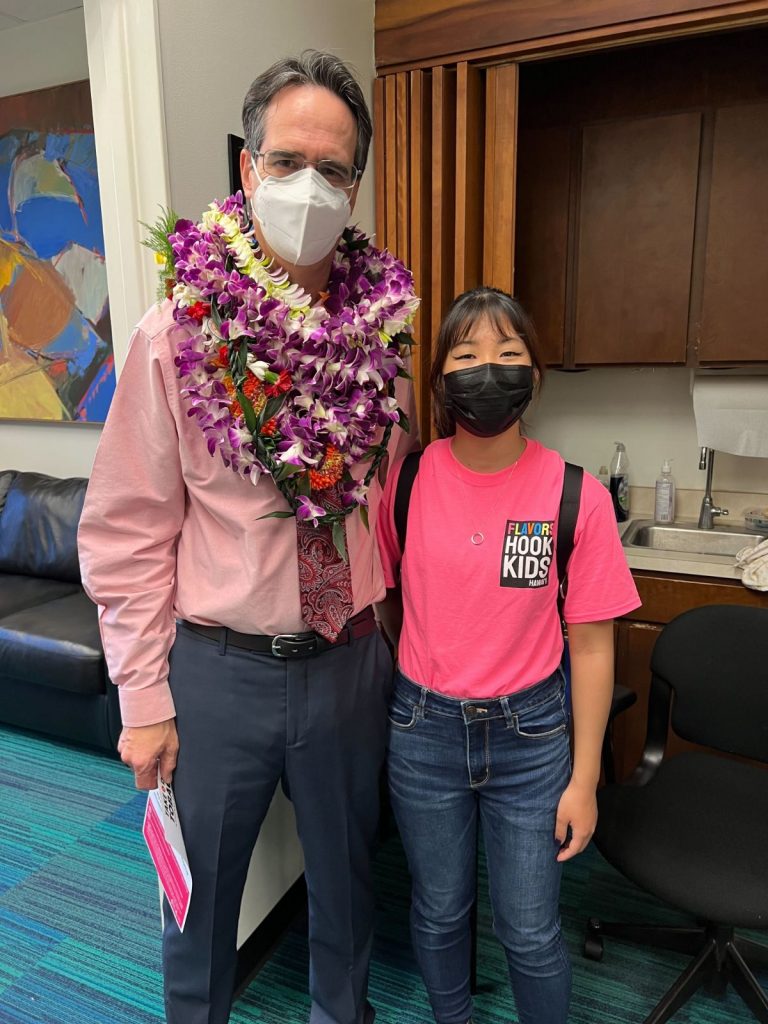A bill restoring counties’ regulation of tobacco products may die in state House : Maui Now

[ad_1]

A measure that would restore the counties’ power to regulate the sale of cigarettes, tobacco products and e-cigarettes appears to be stalled in the House Finance Committee, and it may die there Wednesday if no action is taken.
To stay alive, the committee would need to post a hearing notice 48 hours before the March 1 “first decking” deadline for all bills to cross over to the opposite chamber; the State Senate in the case of House Bill 1778.
The House Finance Committee is chaired by Rep. Kyle Yamashita, who represents House District 12, which includes a portion of Keahua, Hāliʻimaile, Pukalani, Makawao, Pūlehu, Waiakoa, Kula, Kēōkea and ʻUlupalakua.
Maui Now reached out to Rep. Yamashita for comment, but did not hear back at the time of this post.
This bill clarifies that the state’s jurisdiction over tobacco products, including cigarettes and electronic smoking devices, is solely for taxation purposes. The measure allows the counties to adopt ordinances and regulations to regulate smoking or the sale of the products as long as they don’t conflict with and are more stringent than state law governing smoking.
The House bill was referred to the House Finance Committee on Feb. 15. It has the support of the Hawaiʻi Department of Health and the Coalition for a Tobacco-Free Hawaiʻi’s Youth Council.
Maui High School junior Dylan Arisumi, a member of the Youth Council, went to the state Capitol recently to seek lawmakers’ support for the measure.
“I personally have witnessed the grip tobacco products have on the youth, many of which are my classmates,” she said. “I often witness them vaping in bathrooms and swapping vapes to try different flavors, pressure their friends into trying vapes and getting addicted, and how often they will skip class to vape in bathrooms.” They often mask the smell of vapes with things that match the flavors such as perfume and because school security can’t walk into bathrooms and search bags it makes it difficult to catch kids who vape.”
The Youth Council includes students from more than 80 middle, high school and college campuses. For the past six years, their goal is to end the sale of flavored tobacco products. But their efforts have failed and island youths are still lured to a lifetime of nicotine addiction with flavors like Rainbow Candy, Fruit Punch, Ocean Sonic and POG.
Recently, the City and County of Honolulu and the County of Hawai‘i have passed bills to end flavored tobacco sales in their communities. The Youth Council sees the counties’ action as “sending a clear message to the State to protect our keiki statewide or restore their authority to regulate tobacco sales.”
The Youth Council asked lawmakers to remove language from House Bill 1778 that would postpone the effective date of the bill for two years.
According to testimony submitted by the Department of Health, Neighbor Island youths consistently report more regular tobacco use than the state overall. In high schools statewide, regular tobacco use was 15%. However, the county rates were 22% in Hawai‘i County, 18% in Maui County, 16% in Kaua‘i County and 13% in the City and County of Honolulu, health officials reported. Middle school data was similar, but in single digits: 9% Hawai‘i County, 8% Maui and Kaua‘i counties and 6% in Honolulu.
“Counties and communities are reporting concerns over the continued marketing of products, and they need the ability to respond to local needs as some jurisdictions bear a greater burden of tobacco use than others,” the department said in testimony.
Arisumi said she believes the passage of House Bill 1778 is important to youth and the future of Hawai‘i because tobacco-related illnesses are a leading cause of preventable deaths in Hawai‘i, with an average of 1,400 residents dying every year. The counties could do more to regulate tobacco and prevent youth from further use, especially on school campuses.
“While schools are already a tobacco-free zone, many students will still sneak it on campus, to use before, during, and after class, especially since tobacco companies are targeting the youth demographics which are typically school kids,” Arisumi said.
She said youths are especially vulnerable to colorful tobacco advertising and flavoring, “and if it’s not through that, it is through peer pressure and band-wagoning.”

[ad_2]
Source: Maui News




